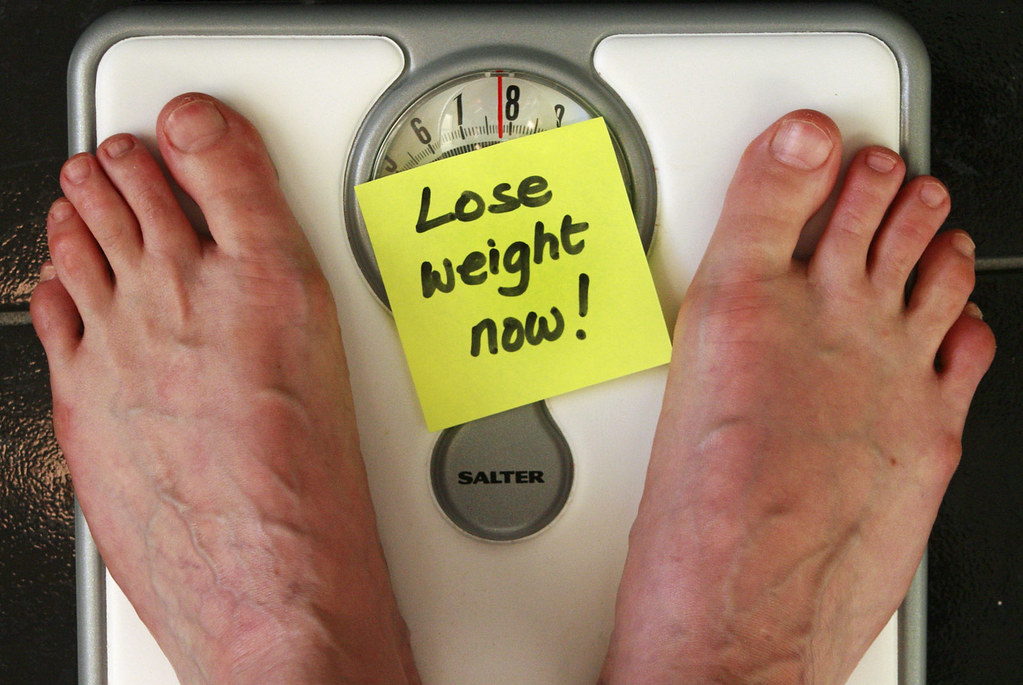As the year begins to dwindle down, we begin to look back on 2016. What went wrong? What can we do better in 2017? We begin to self-reflect and develop New Year’s resolutions for the following year. We have a desire to change to better ourselves and our well-being. Yet often times, we find ourselves making resolutions that do the opposite.
In fact, some New Year’s resolutions are extremely unhealthy for you. It’s common to set lofty resolutions and to eventually never accomplish them due to their lack of feasibility. By changing the way we think of New Year’s resolutions, we can work to live a healthier life in 2017.
“Stop eating carbs.”
Carbs get a really bad reputation. It’s a common misconception that a carb-free diet leads to weight loss. Carbs are complicated, there are simple carbs and there are complex carbs, but the fact of the matter is carbs really aren’t that bad for you.
Cutting carbs out of your diet completely is extremely difficult and could potentially have adverse affects on your diet. As you learned in science class, carbohydrates are essential to life and are an extremely important source of energy. So please don’t cut carbs out of your diet completely.
Instead make your resolution: “I want to replace much of the simple carbs in my diet with complex carbs.” Simple carbs are the carbs that you think of when you think of “bad carbs”: soda, those Christmas cookies that you ate all last week, white bread, etc. While complex carbs are carbs made up of three or more sugars, these carbs take longer to digest and are rich in fiber, vitamins and minerals. Examples of complex carbs are whole grain foods, oatmeal, and vegetables.
“Exercise every day.”

When the calendar turns to January 1 (okay, January 2 because of those nasty NYE hangovers), gym memberships skyrocket but by March that 45 minute wait for the treadmill is over. One of the most common resolutions is to “exercise more.” Though there isn’t anything unhealthy per se with exercise, when your goal is to exercise every day and you rarely exercise you’re going to set yourself up for some challenges.
Diving straight into a rigorous fitness schedule can cause a great amount of stress to your body, leading to injury. When you set a lofty goal, such as exercising seven days a week, you’ll become easily discouraged when you realize how unattainable your resolution is.
Instead make your resolution: “I want to increase the frequency of my fitness routine.” This is a more realistic goal that you can adjust throughout the year as you become more comfortable and regimented into your fitness routine. By setting a more attainable goal, you’ll be less likely to give up.
“Lose 15 pounds by next month.”

If you’re looking to set a weight loss goal, give yourself time. Rapid weight loss can also have serious health risks. Don’t think of weight loss as “I need to lose ___ pounds in ____ period of time,” because if you don’t achieve that goal you may feel discouraged and losing weight may turn into a unhealthy obsession. Make strides to live a healthier lifestyle, which will lead to weight loss.
Instead make your resolution: “I want to work to burn more calories than I eat.” According to the Center for Disease Control, losing 1 to 2 pounds per week is a perfectly healthy and attainable weight loss goal. In order to attain this goal, you must have a caloric deficit of approximately 500 to 1,000 calories. For example, if you’re consuming 2,000 calories per day, you need to burn 2,500 calories.
“Quit [bad habit], cold turkey.”
It doesn’t matter what your bad habit is, whether it be drinking too much coffee, an ice cream addiction, or a chronic case of the drunchies, quitting cold turkey will only leave your body wanting more. If you want to stop a bad habit, it’s better to wean yourself off of it than abruptly stop all together.
Instead make your resolution: “I want to gradually stop doing [bad habit].” Knocking a bad habit cold turkey will likely make you feel deprived of such habit, making your cravings all the more real. Instead, work to reduce the amount of times you do that bad habit.
For example, if you want to stop ordering pizza every weekend at 3 am, limit yourself to ordering pizza once a month. That way, you’re still letting yourself experience the bad habit every now and then, and eventually, those 3 am pizza cravings will lessen.
“Go on a detox cleanse.”

After a long holiday season full of fattening foods, excess sweets, and overeating, going on a detox may seem like the logical solution to your holiday binge-eating guilt. (Though, I’d like to point out that your holiday binge eating isn’t really that bad for you). If you truly feel the need to detox after the holiday season try a one-day cleanse.
However, many detox cleanses, such as three or five day juice cleanses, often deprive your body of the nutrients that it needs. Though most participants do experience weight loss, it’s just water weight and you will gain it back. There’s no science to prove that long-term juice cleanses do any good for your health.
Instead make your resolution: “I want to make smarter diet decisions.” It’s true, you can detox your body 24/7 by making smarter diet choices. Its important to understand that detoxing isn’t about including the removal of toxins from your body, but enhancing the process. Gradually changing your diet so you are mainly eating clean foods, drinking 64 oz of water per day, and getting enough sleep will ultimately have you detoxing on the reg.


